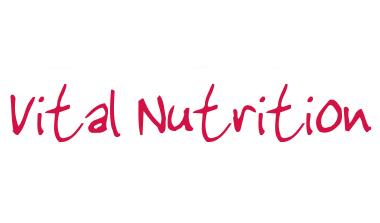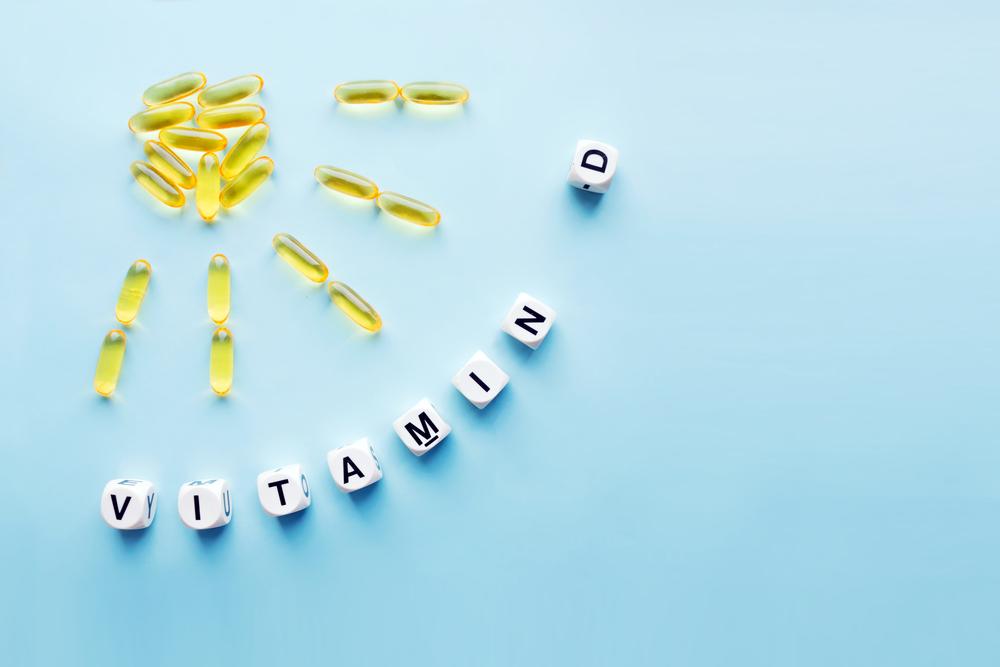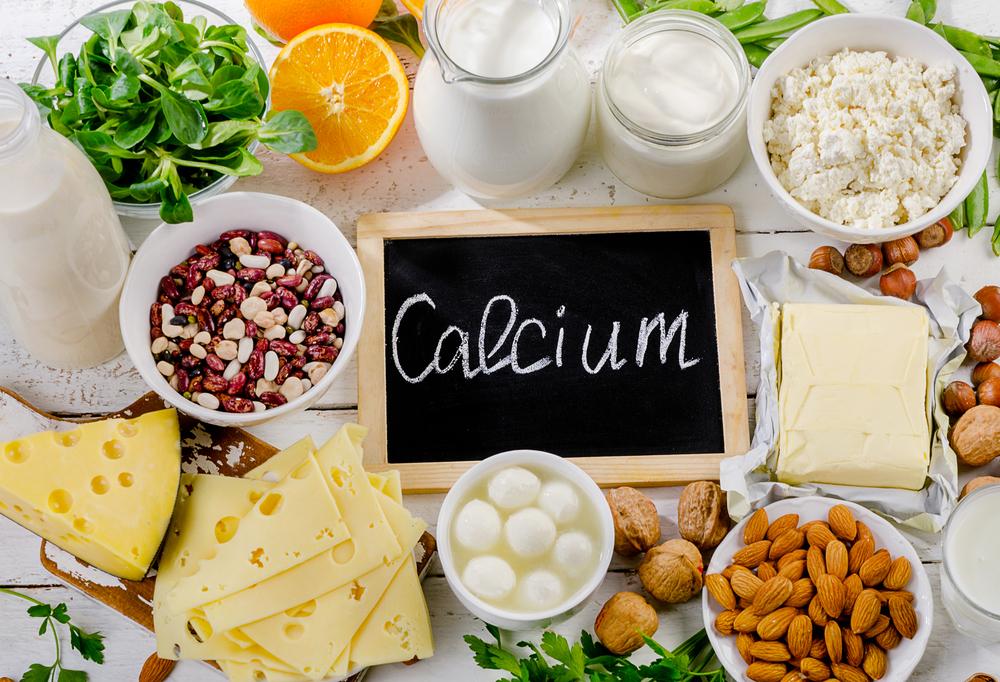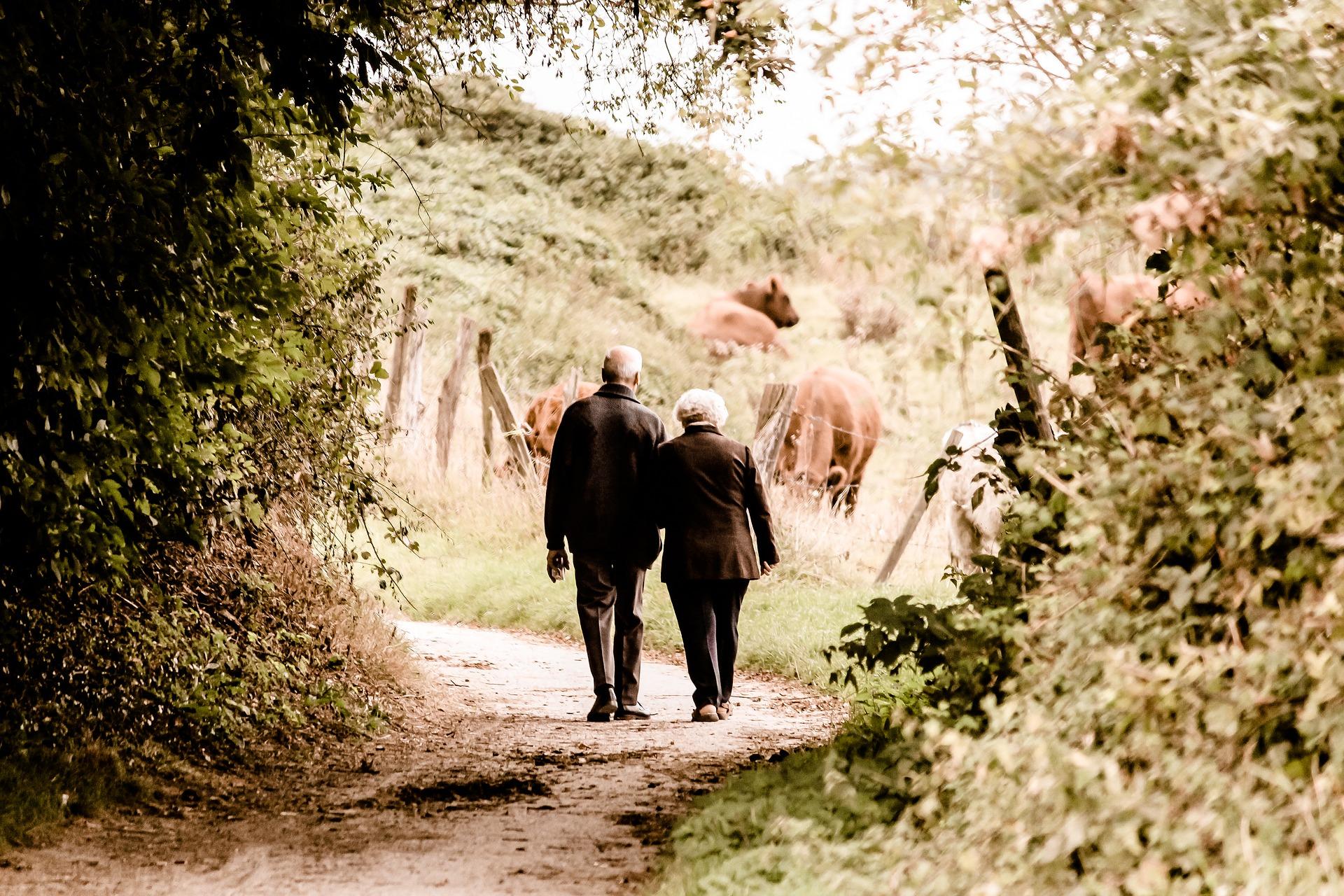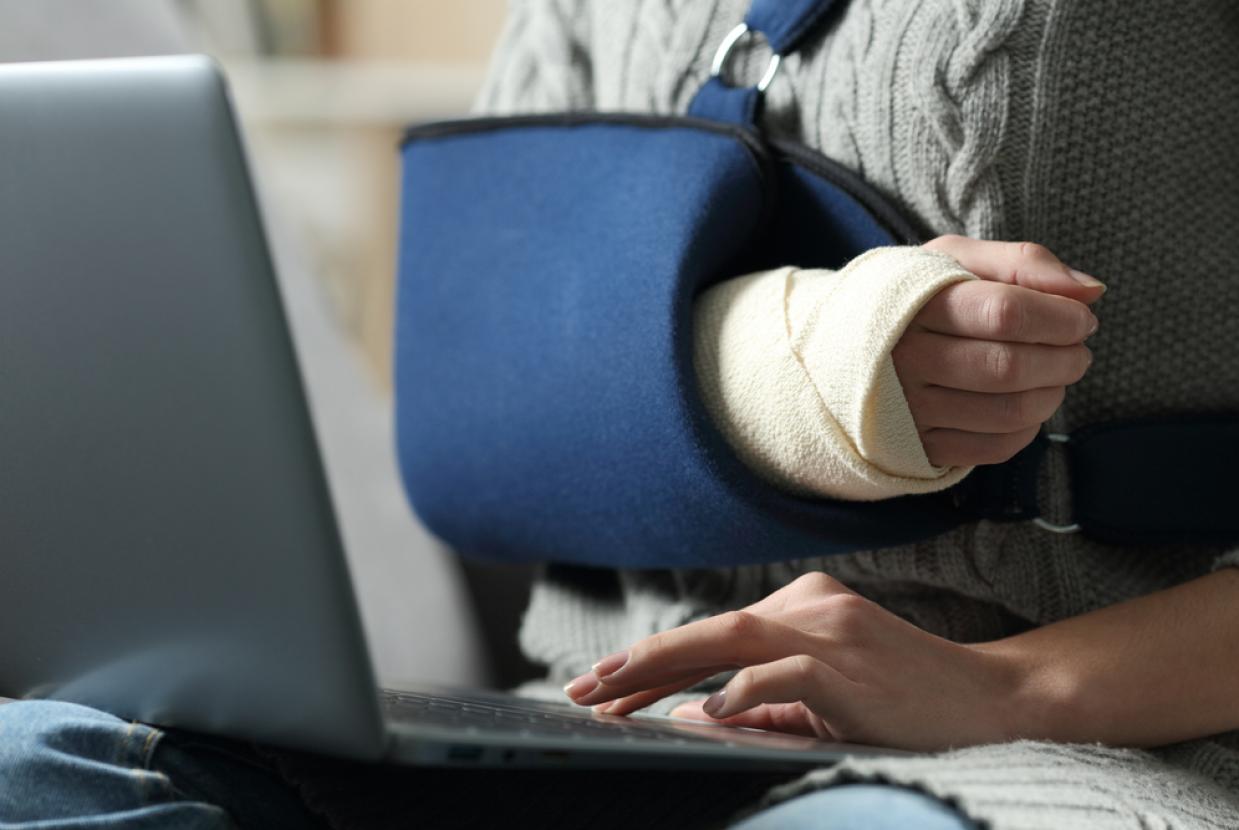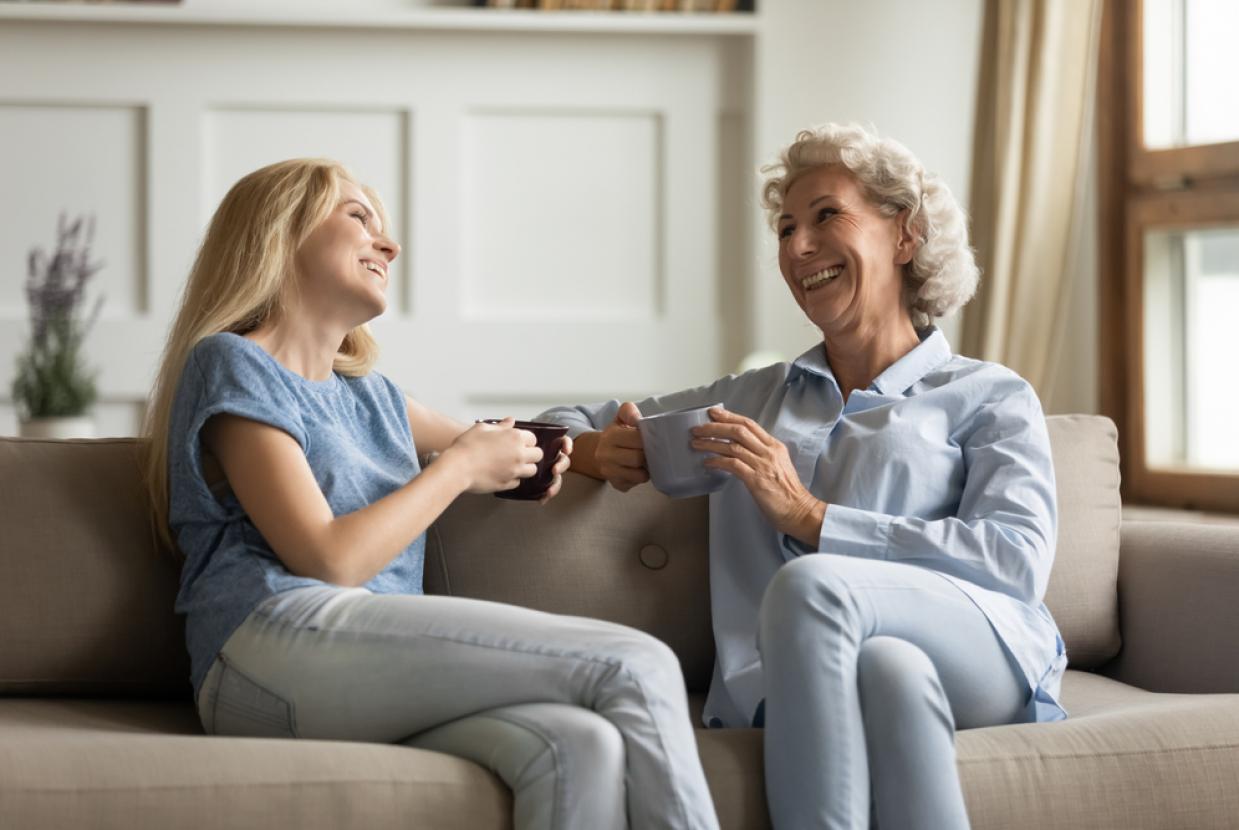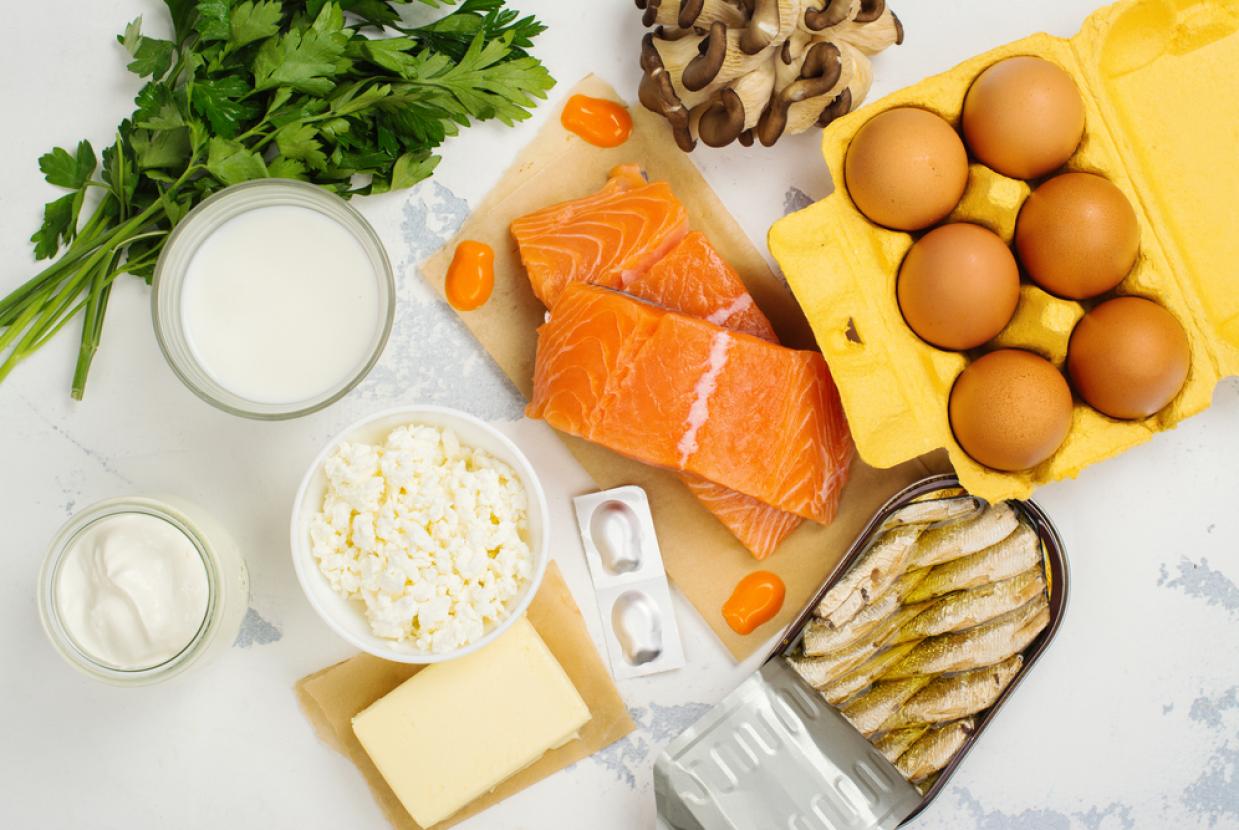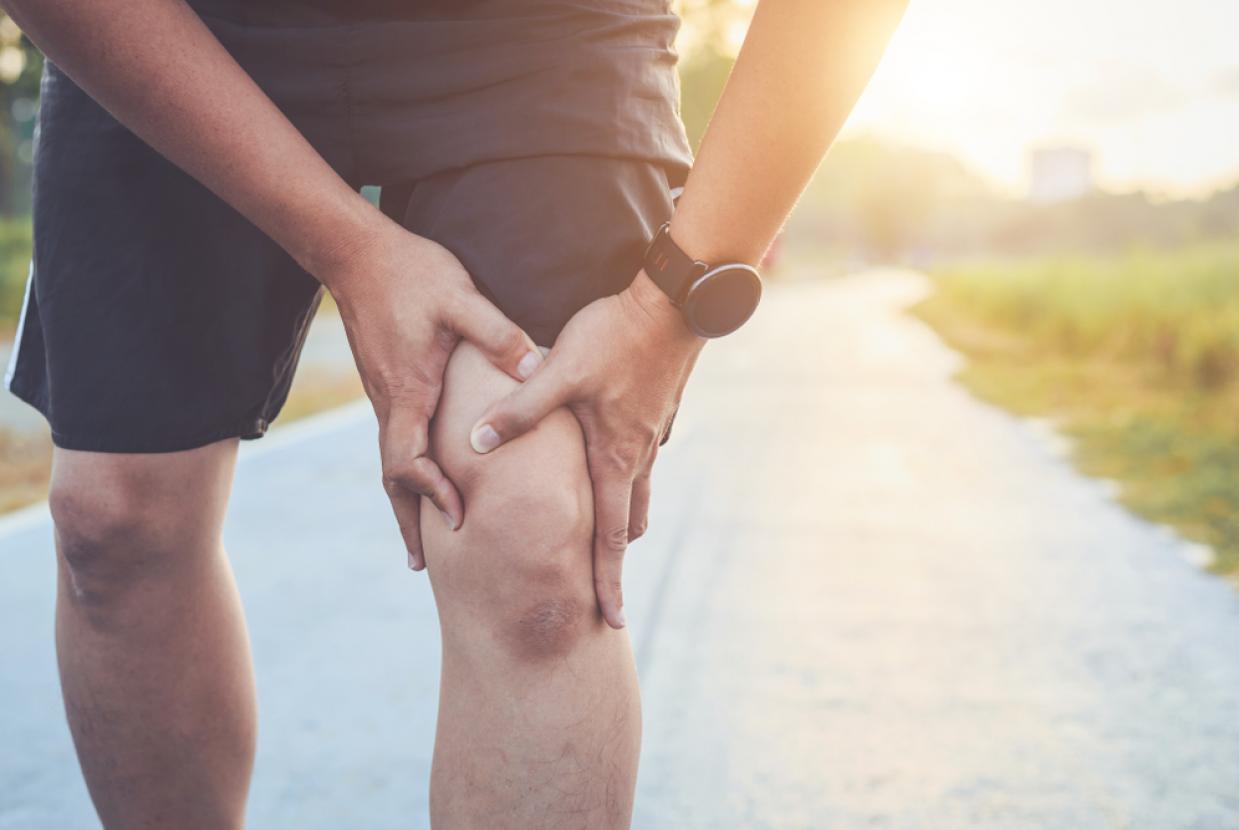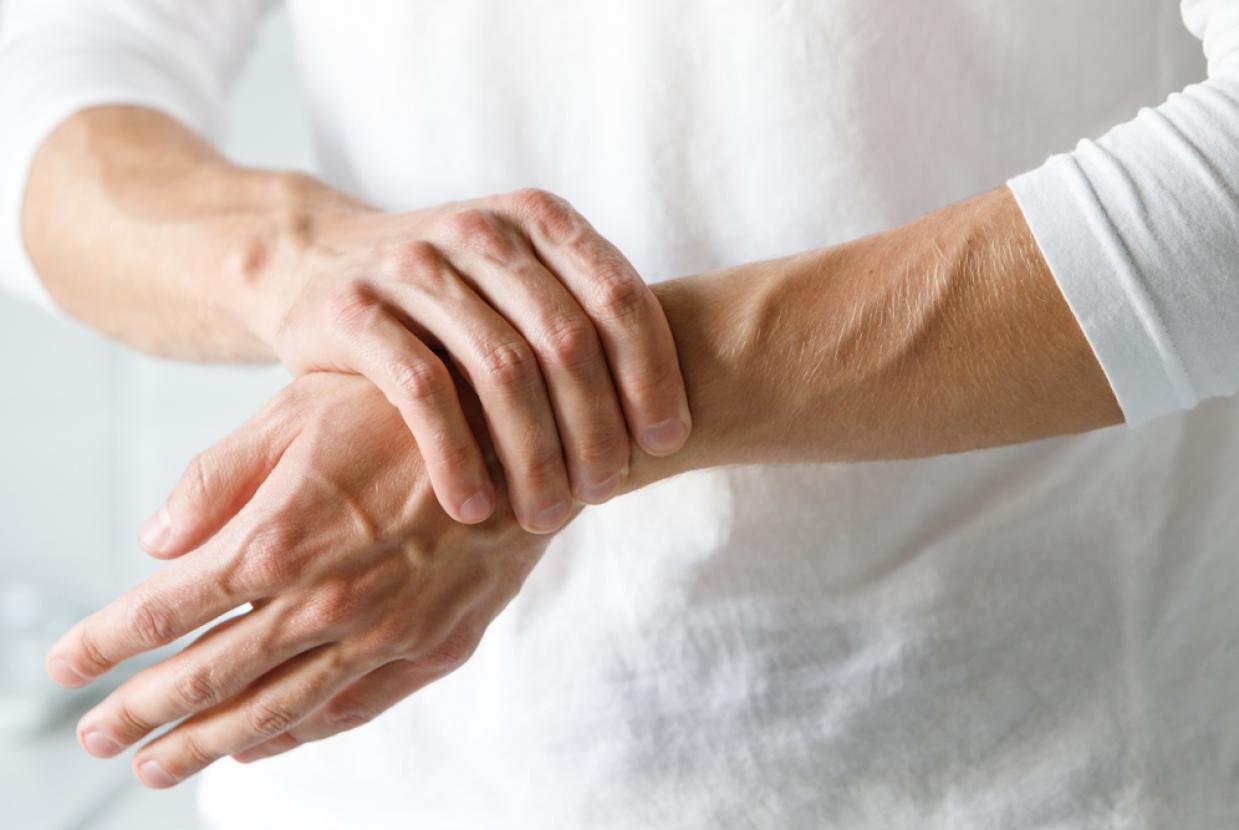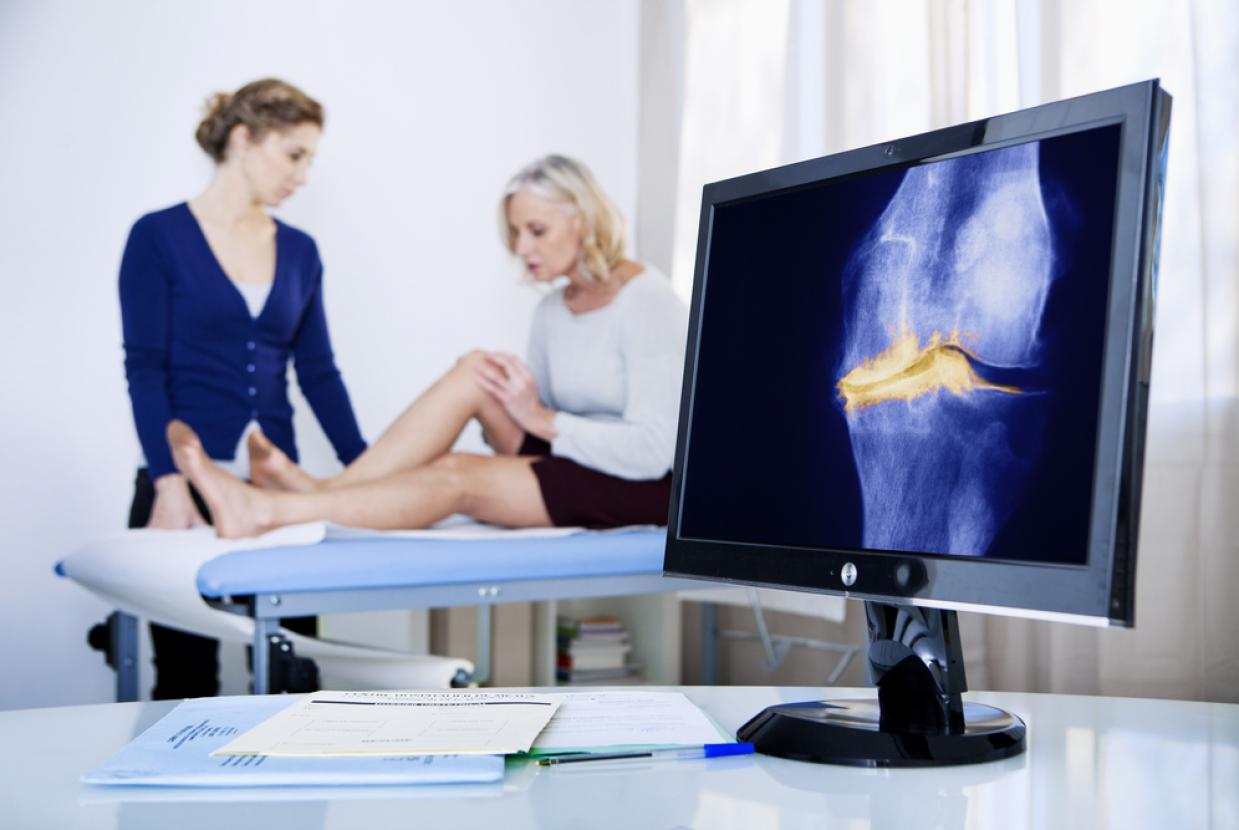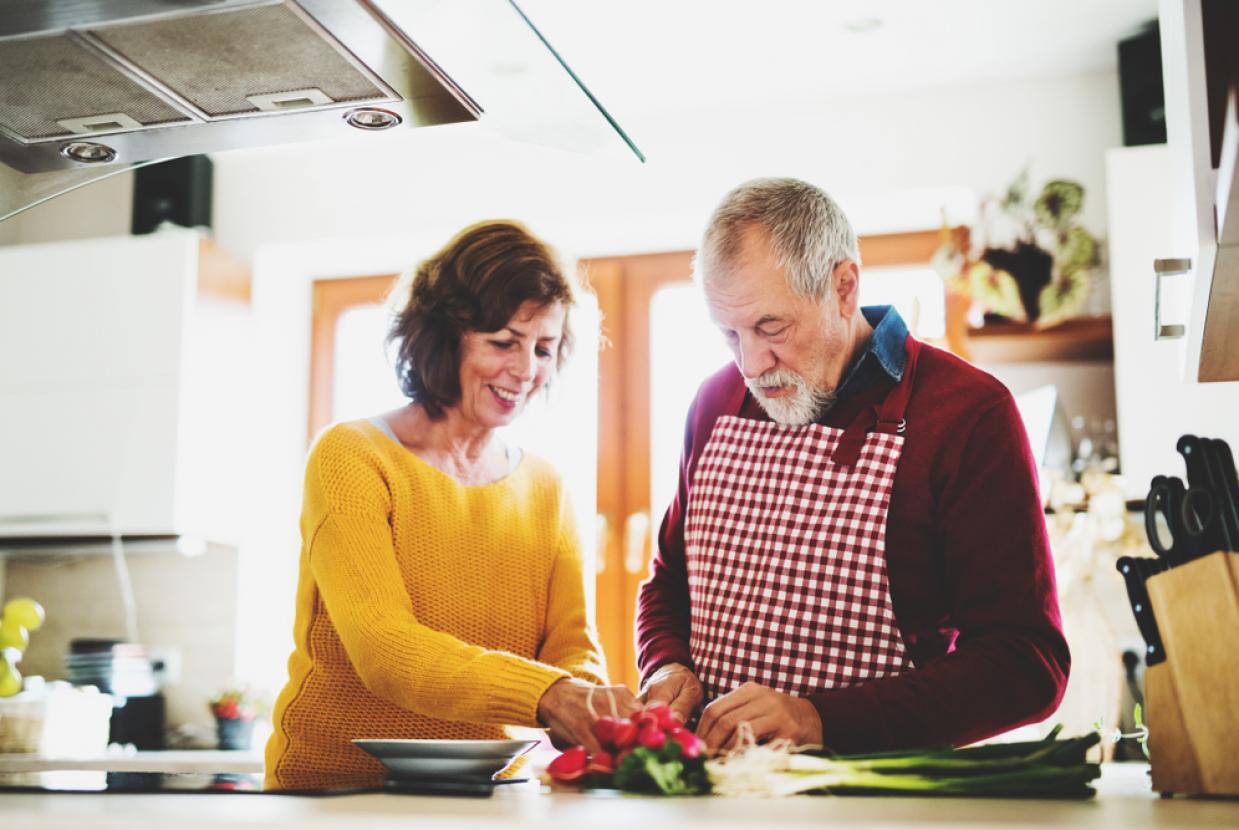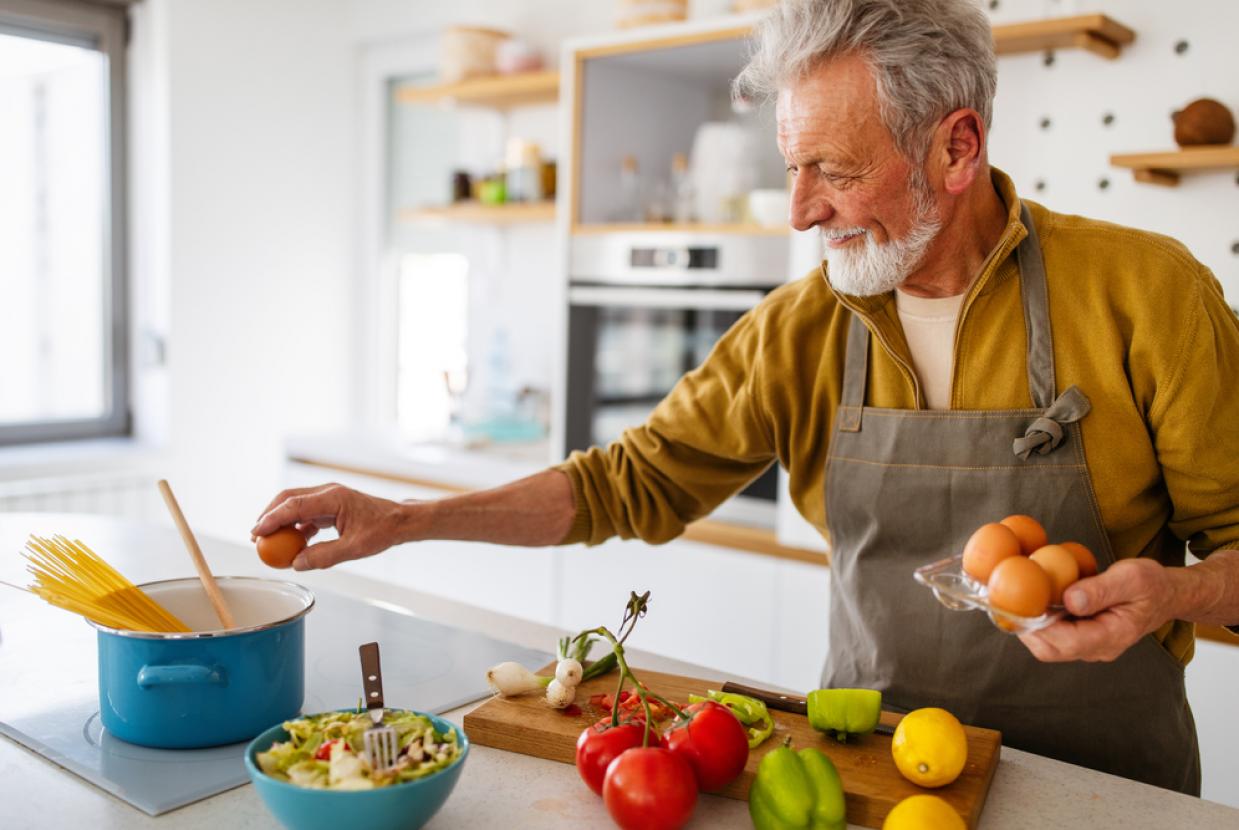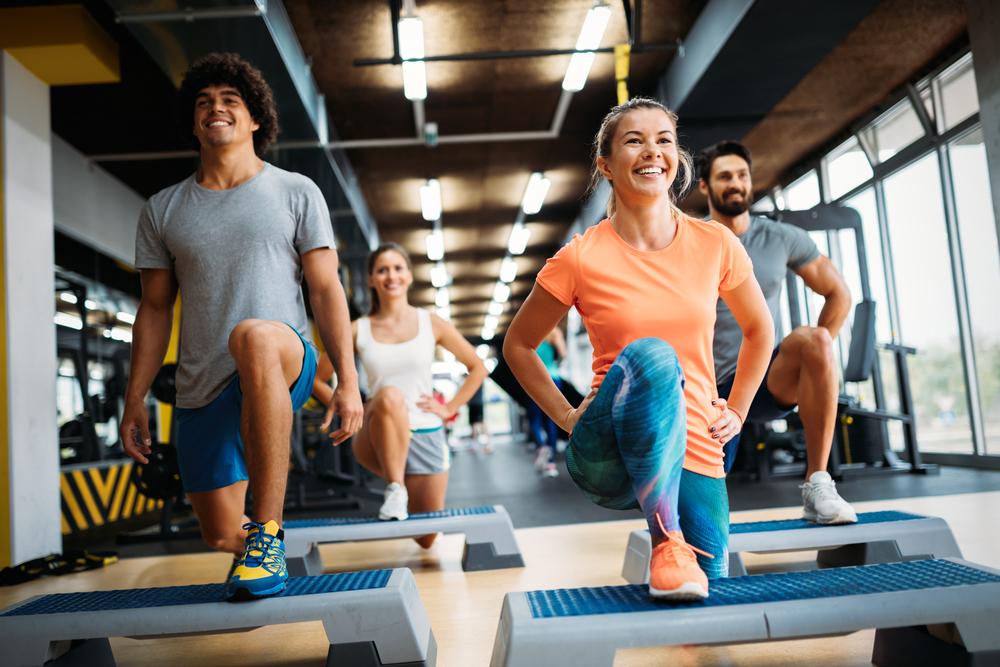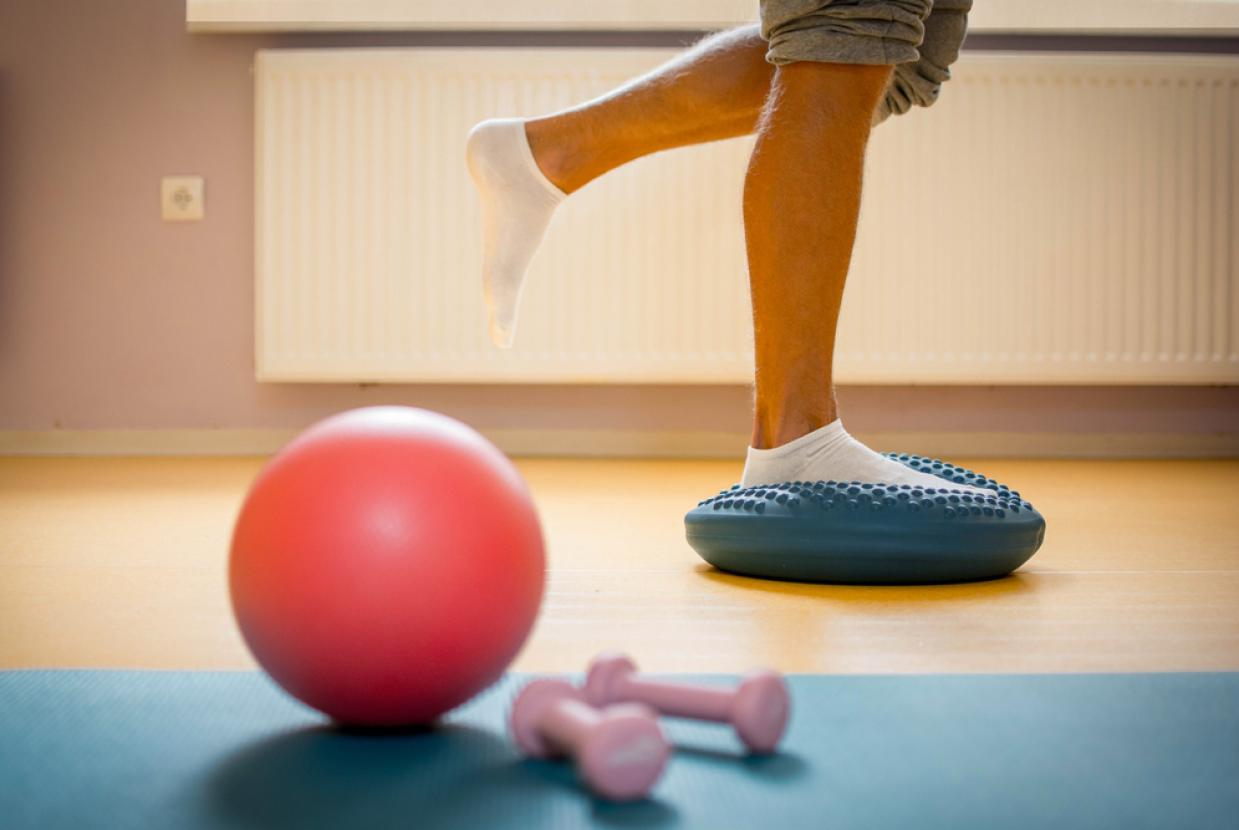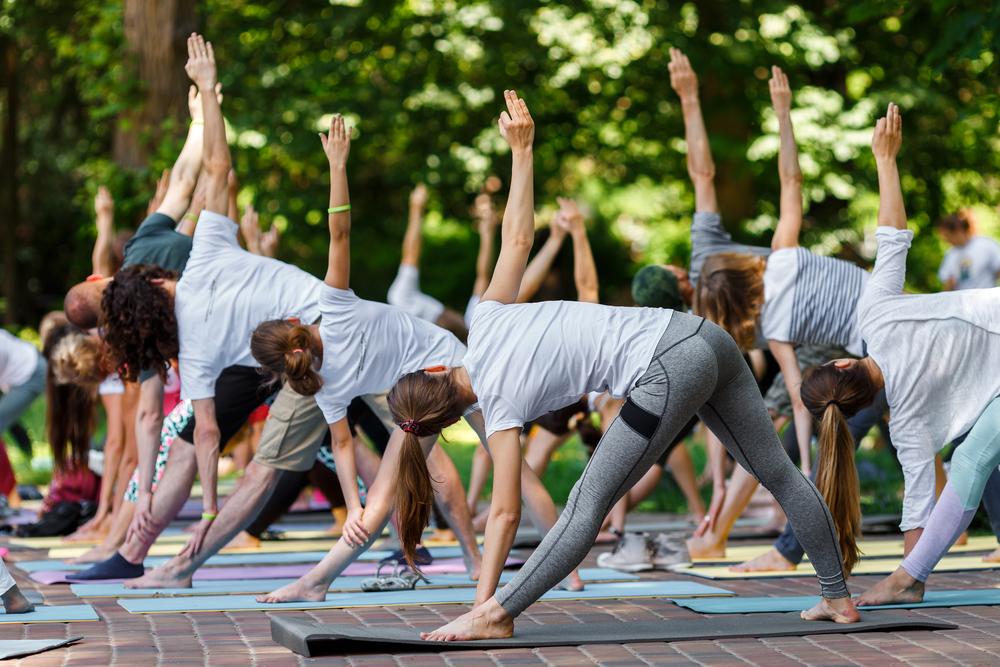Bone Health & Osteoporosis
Bone HealthMost of us know that our bones need calcium to be strong, but other than that we don’t think too much about our skeleton unless we break a bone.
Our peak bone mass is around the age of 30, so it is important to help maximise bone density in our 20s and 30s to help reduce the risk of osteoporosis later in life and protect against natural bone loss that occurs with age. The more bone you have at 30, the more you have at 80!
Osteoporosis, sometimes known as brittle bone disease, occurs when the rate of bone breakdown is faster than the rebuilding, resulting in loss of bone density and brittle, porous bones.
Bone is a living structure, constantly being renewed and rebuilt behind the scenes. Up until the menopause, women’s bones are protected by oestrogen, but as hormone levels change, there is less oestrogen available to help keep bones strong and healthy.
It is estimated that 1 in 2 women and 1 in 5 men over 50 will break a bone because of osteoporosis. There are no obvious symptoms of osteoporosis, and often the first sign of the disease is a fracture from a minor fall.
What are the symptoms?
Although osteoporosis does not have any obvious symptoms, there are some signs that can show weakened bones.
- severe back pain
- your spine has become curved
- you have lost height.
Talk to your GP if you notice any of these symptoms for further support.
What are the causes?
There is no single cause of osteoporosis, but these are the factors that can contribute to the development of brittle bones:
- a family history of osteoporosis
- getting older - our risk increases after the age or 50, or after menopause for women
- low body weight
- an unhealthy lifestyle - smoking, alcohol, poor diet and lack of exercise smoking
- reduced access to direct sunlight and low vitamin D
- certain medication e.g steroids
- certain medical conditions e.g. rheumatoid arthritis, hyperthyroidism and Crohn's disease
How to build healthy bones
Here are some steps you can take to help keep your bones strong and healthy.
1. Take regular exercise
Get moving. We know that weight bearing exercise like running, skipping, jumping, resistance training, yoga or walking can all help build stronger bones. Bone is a living tissue and it needs increases in loads and forces to grow stronger. If you know that you have oestopenia or osteoporosis it is important to adapt your exercise and reduce this type of exercise. Talk to your doctor for advice.
2. Eat calcium-rich foods
Calcium is the main building block for bones and gives bones their strength and structure. Calcium-rich foods include milk, cheese, natural yoghurt, dark green leafy vegetables and dried fruit. Also look out for calcium enriched foods, especially if you follow a vegan diet.
3. Get some sunshine and supplement with vitamin D
Vitamin D, the sunshine vitamin, helps us absorb calcium and is essential for bone density. Our levels can be low if we spend lot of time indoors, cover up when we are outside, or just don’t get enough sunshine. Vitamin D is not particularly abundant in food, so a deficiency is common, especially living somewhere like Northern Ireland, thanks to our weather.
Taking a supplement with a combination of vitamin D3 and K2 can help support bone density and calcium balance in our bones.
4. Anti-inflammatory foods
It is thought that an anti-inflammatory diet can help support bone health, so adopting a Mediterranean style diet may help.
- plenty of colourful fruit and vegetables - aim for about 7 portions a day
- increase oily fish to 2 potions a week
- eat nuts and seeds daily
- increase beans and lentils
- reduce alcohol, convenience foods, sugar and processed foods


